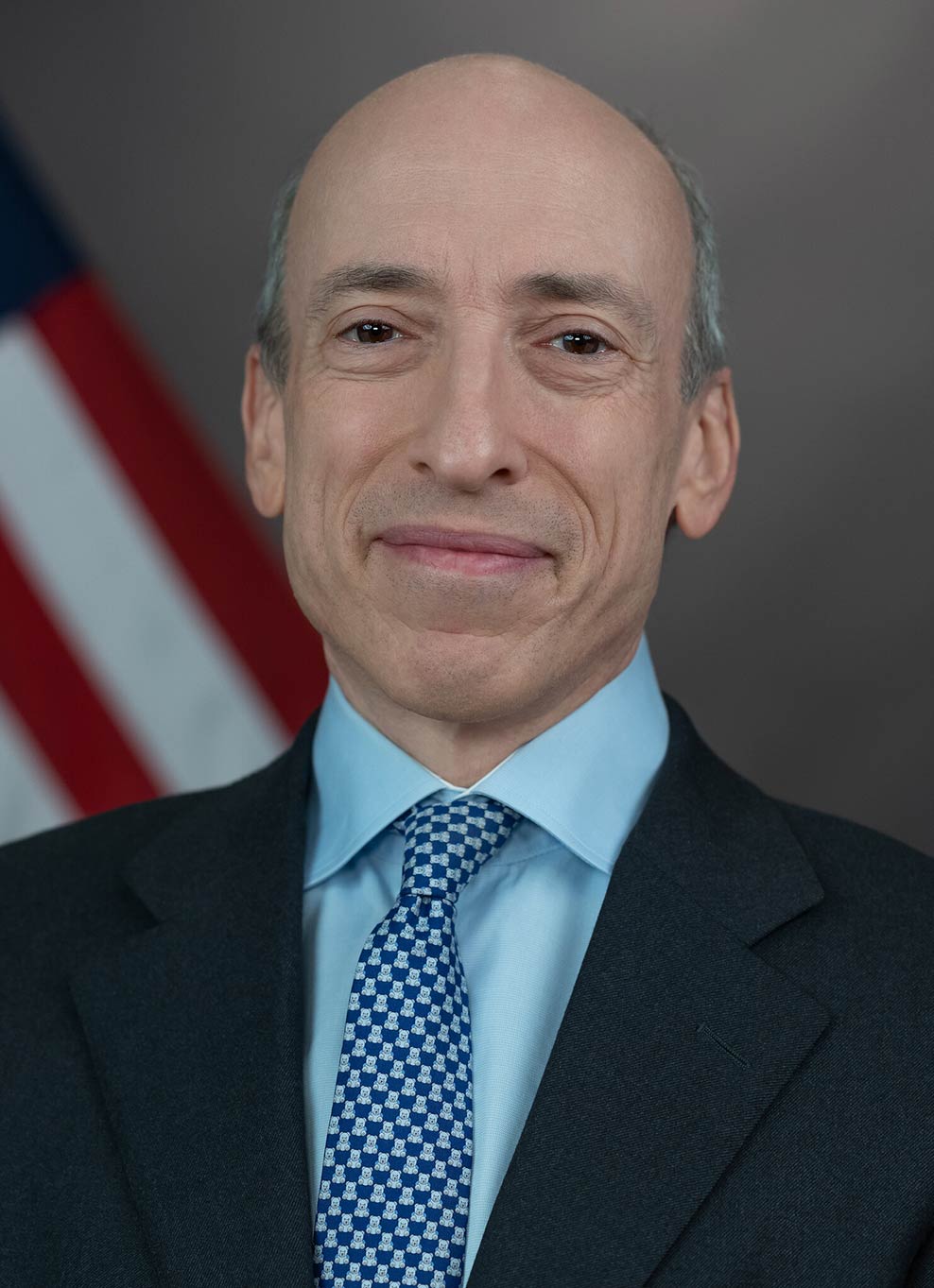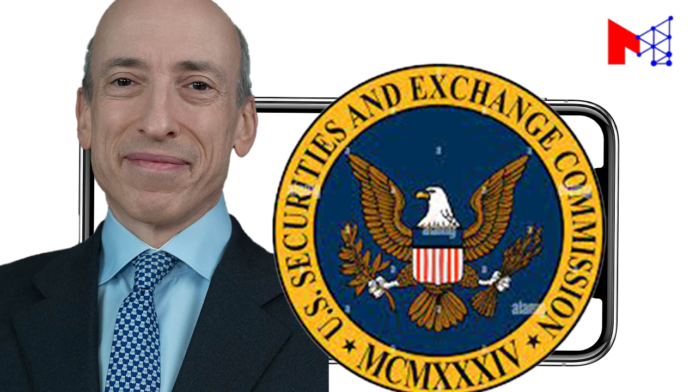The SEC has a significant impact on financial markets and the economy in several ways:
- Investor Protection: The SEC is responsible for protecting investors and ensuring that they have access to accurate and transparent information about public companies. This helps to promote investor confidence, which in turn can encourage investment and capital formation.
- Market Regulation: The SEC regulates financial markets and enforces laws related to securities trading, market manipulation, and other illegal activities. This helps to ensure that financial markets are fair, orderly, and efficient, which can benefit both investors and companies.
- Corporate Disclosure: The SEC requires public companies to disclose information about their operations, financial condition, and risks to investors. This can help investors make informed decisions about whether to invest in a particular company, which can promote capital formation and economic growth.
- Enforcement Actions: The SEC has the authority to investigate and prosecute violations of securities laws, such as insider trading, fraud, and market manipulation. This can help deter illegal activities and promote the integrity of financial markets.
- Impact on Global Markets: The SEC’s regulations and enforcement actions can have a significant impact on global financial markets, as many multinational companies are listed on U.S. exchanges and subject to SEC oversight.
Overall, the SEC plays a critical role in promoting investor protection, market integrity, and capital formation, which can have positive effects on financial markets and the broader economy. However, some critics argue that the SEC’s regulations can be overly burdensome and may hinder innovation and economic growth.

Gary Gensler the current chairman of Security Exchange Commission Image source (https://www.sec.gov/about/commissioners)
Gary Gensler is an American financial expert and public servant who currently serves as the Chair of the United States Securities and Exchange Commission (SEC). He was nominated to the position by President Joe Biden and confirmed by the Senate in April 2021.
Prior to his appointment as SEC Chair, Gensler held a number of high-profile positions in both the public and private sectors. He served as the chairman of the Commodity Futures Trading Commission (CFTC) under President Barack Obama from 2009 to 2014, where he played a key role in implementing the Dodd-Frank Wall Street Reform and Consumer Protection Act.
Gensler has also worked as a senior advisor to the US Department of the Treasury and as an executive at Goldman Sachs. He has taught at several universities, including the Massachusetts Institute of Technology (MIT), where he was a professor of the practice of global economics and management.
As SEC Chair, Gensler has signaled a willingness to take a more aggressive approach to regulating the financial industry, particularly in areas such as cryptocurrency and digital assets. He has also emphasized the need for greater transparency and accountability in corporate governance, as well as stronger protections for individual investors.




















